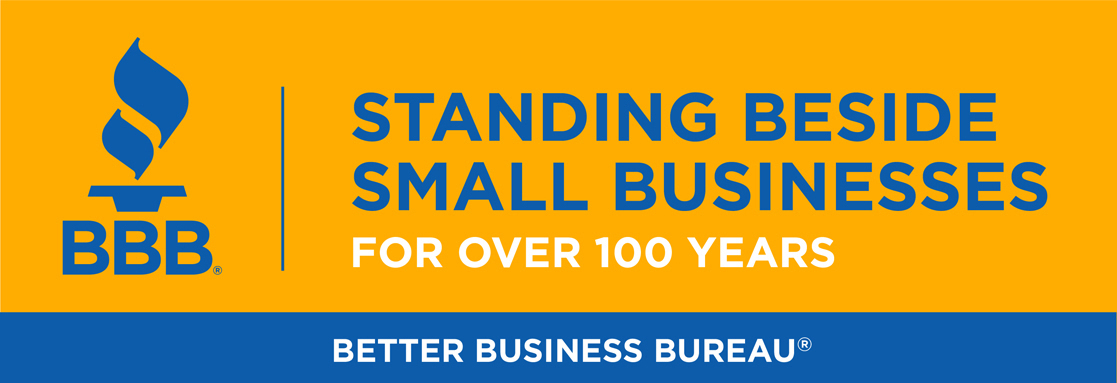Vacation rentals are popular among travellers who want to have the comforts of home, like a kitchen or laundry machine, while on vacation. But some consumers who book vacation rentals find themselves victims of a bait-and-switch scam, where the scammer lists a vacation rental under an incorrect address.
Some rental owners do this to skirt local regulations on short-term rentals, and will usually send the consumer a follow-up message to give them the real address. However, others create fake listings for rentals that aren’t as pictured or don’t exist at all to cheat consumers out of their money.
BBB received 389 reports of rental scams and 425 reports of vacation scams in 2022. A 2019 BBB investigative study found that more than 43% of consumers encountered a fake listing, and more than 5 million lost money in a rental scam.
Vacationers have shown up at the wrong address, suitcases in hand, only to find that their rental isn’t where it should be or doesn’t exist. Major vacation rental companies typically have safeguards to prevent scams and protect payments, but scammers are savvy and sometimes slip through the cracks.
Luckily, there are ways to see if your rental is legitimate before you book. A good rule of thumb is to always verify the address of your rental with public records.
Tips to avoid vacation rental bait-n-switch scams:
• Plan ahead. Give yourself plenty of time to do research, and when it’s time to pick a rental, be wary of any owners or companies who try to pressure you into a snap decision. The best deals are usually available in advance anyway!
• Make smart web searches. Avoid broad searches like “best deals” or “cheapest rates.” These can sometimes lead to impostor websites that look official, but aren’t. Make sure the URL is correct before booking.
• If it seems too good to be true, it probably is. Be wary of low prices paired with supposedly outstanding amenities, especially if they’re much cheaper than similar options.
• Check out companies with BBB. Check out any travel company in advance at BBB.org to see if they’re BBB Accredited and read complaints or reviews from previous customers.
• Make sure the listing and address are real. When you find a property you like:
• Use public records like Google Street View to confirm the property matches the one advertised, and verify distances to beaches, attractions and airports.
• Do a quick internet search to make sure the same photo of the property doesn’t appear in different places.
• Check the website for links to the company’s social media accounts. Scammers will often link to Facebook.com instead of Facebook.com/THEIRCOMPANYNAME. If they do have social media accounts, see if any other users have left complaints.
• Look for mistakes on the website: typos, pixelated images or missing contact information are potential red flags.
• Speak with the owner. No matter how you book, contact the owner to confirm your reservation. Major rental companies verify properties and offer safe ways for you to chat with rental owners. If you are not using a major company, make sure to call the owner – don’t just use email. Scammers often don’t live locally, so a phone call is an opportunity to ask the owner detailed questions about the property and local attractions. Vague answers are a red flag.
• Don’t leave the rental platform. Scammers sometimes try to get vacationers to leave major rental company websites, saying they can get them a better deal offline. Don’t leave the platform – this is probably an attempt to skirt taxes or evade the rental company’s scam protection measures, and you could lose money to a scam.
• Pay with a credit card so you’re able to dispute if something goes wrong. Do not wire money or use a prepaid debit card – once the money is sent, there’s no way to get it back.
Visit BBB’s travel hub for more tips to help you plan a safe, fun vacation.




Facebook Comments